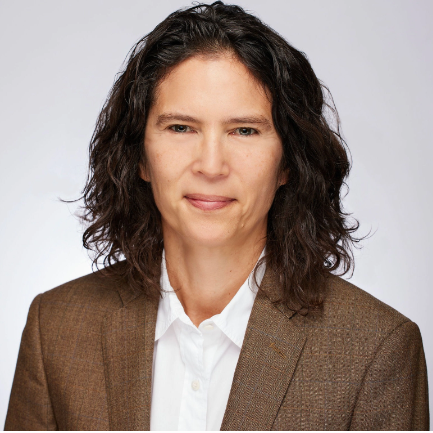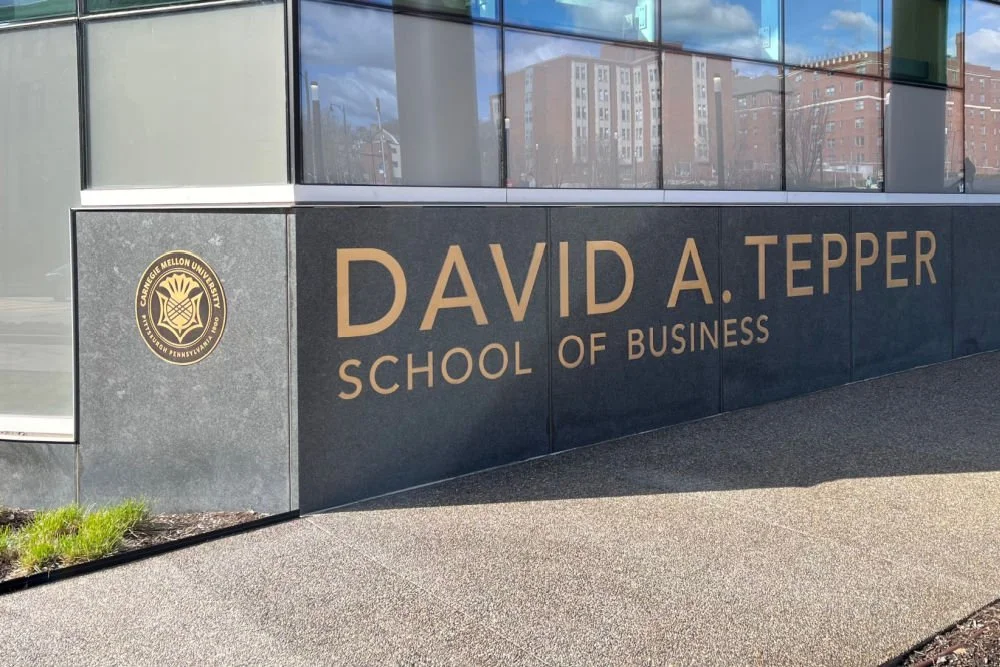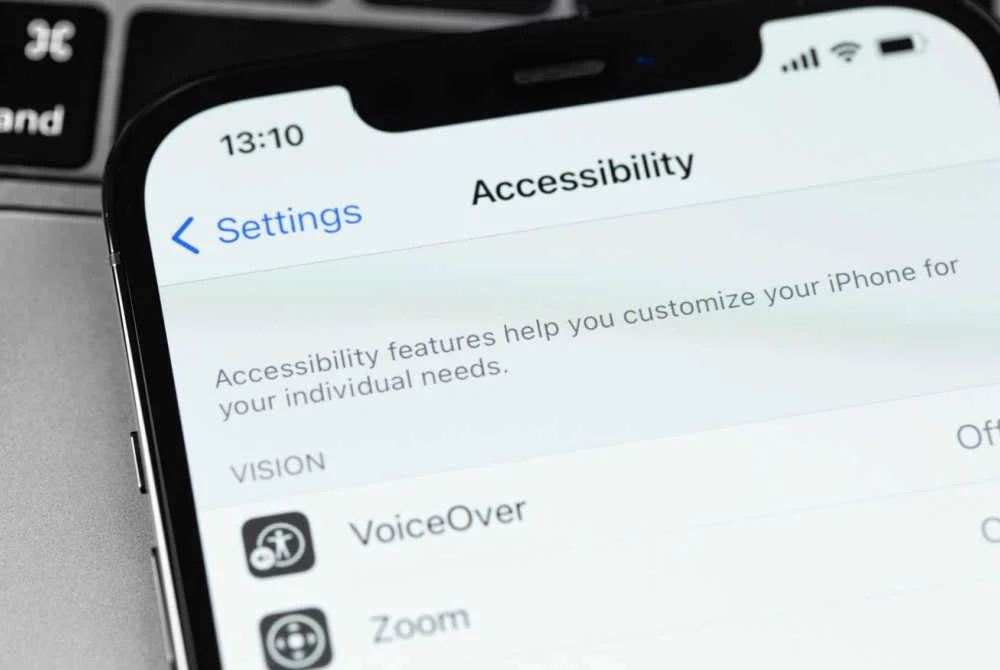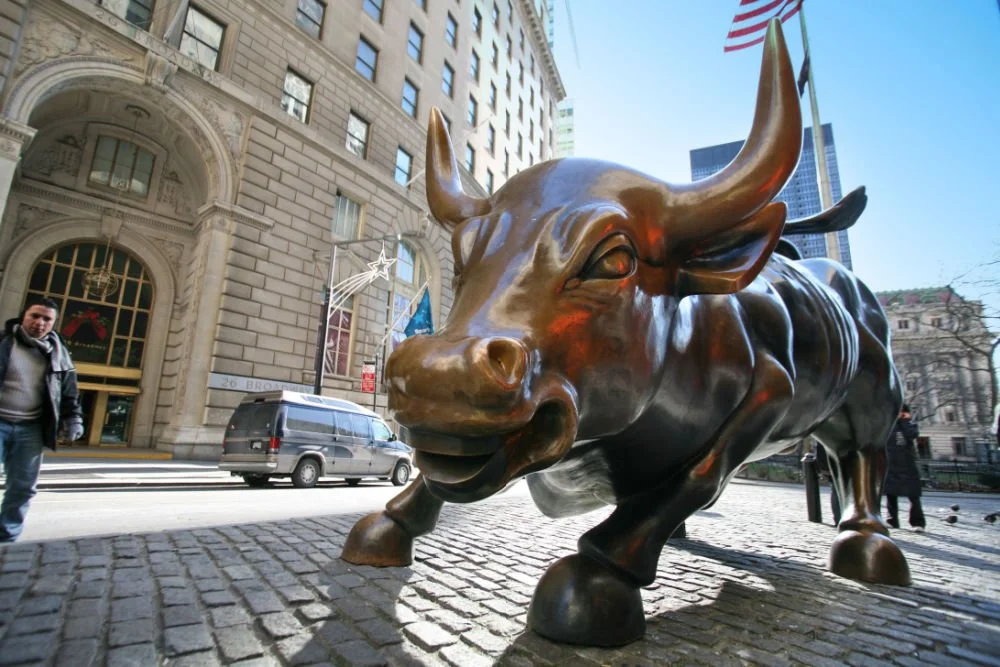Inside the New Billionaire War on Poverty
/futurewalk/shutterstock
As the income gap between rich and poor grows, the billionaires of the new Gilded Age are becoming increasingly concerned with poverty and the disappearance of the American Dream. In a recent interview on 60 Minutes, Ray Dalio, who runs the world’s largest hedge fund, said that the growing income gap has become a “national emergency,” and warned that sky-high inequality could produce conflict and war.
Dalio’s views channel the rising concerns of a wealthy class that finally seems to be realizing that, as Nick Hanauer argued in a much-read Politico article five years ago, “If we don’t do something to fix the glaring inequities in this economy, the pitchforks are going to come for us. No society can sustain this kind of rising inequality.”
Philanthropy has emerged as a main avenue by which some of America’s wealthiest people are addressing these equity concerns.
This isn’t the first influx of philanthropy focused on poverty. There have been major foundations working on economic inequality for decades—think the Ford or W.K. Kellogg foundations. Other foundations have pursued an equity agenda in related areas, like education.
However, a growing number of billionaire philanthropists are turning their attention to issues of poverty and opportunity lately, putting serious new money on the table. No two of these donors are the same, but a few trends emerge. Many support workforce training and job placement, especially for young adults. There’s also a big emphasis on data and hope that it will reveal new, innovative methods to increase mobility. Other funders are zeroing in on the nexus between poverty and education, looking beyond past approaches to K-12 reform that focused more narrowly on charter schools and teacher accountability.
Despite this surging new interest and funding, though, almost none of the new billionaire anti-poverty funders are pushing for systemic changes in how the economy works, perhaps blind to the structures that benefited them while holding others back. For example, few of these donors are backing efforts to empower workers or rein in corporate power.
Many of the foundations and donors listed below are still relative newcomers to anti-poverty work, so it’s possible their priorities may shift over time to include more structural, policy-based work.
For now, here’s a look at the new class of billionaires emerging as power players in a new war against poverty.
The Ballmer Group
Steve and Connie Ballmer’s philanthropic vehicle, the Ballmer Group, has become a major new force in the anti-poverty space in the past few years. Steve served as CEO of Microsoft and now owns the L.A. Clippers basketball team. He’s estimated to have a net worth of nearly $47 billion. The couple has not signed the Giving Pledge, but has been dramatically ramping up their philanthropy.
The Ballmer Group is dedicated to improving economic mobility for kids and families. The outfit doesn’t always reveal its grants, so it can be a little tricky pinning down exactly where money is going. A lot of the work has focused on Seattle, Detroit and Los Angeles, cities where the Ballmers have personal ties. The group has championed job training and placement, reducing youth incarceration, improving education, and more. In L.A., the Ballmer Group may now be the largest private funder of anti-poverty organizations in the city.
The group is involved in national work, as well. Ballmer teamed up with Gates and Bloomberg to tackle poverty in cities across the country. It’s also part of the Blue Meridian Partners funder collaborative, which seeks “to transform the life trajectories of our nation’s young people and families in poverty by investing in strategies that work.”
Related: The Ballmer Express: Where's This Anti-Poverty Funder Heading Now?
The Bill and Melinda Gates Foundation
A longtime leader in the education world, the Gates Foundation moved into national anti-poverty work last spring. The commitment kicked off with a promise to spend $158 million during the next four years in the space with a heavy focus on collaboration and convening. In the two years leading up to the decision, the foundation sponsored the U.S. Partnership for Mobility from Poverty through the Urban Institute. The partnership brought together experts from the right and left to examine methods to fight poverty.
A foundation this size getting into any new funding area would be a big deal, but Gates’ move into poverty made especially big waves in the philanthropy world because of its past focus on education. For a long time, those education reformers who focused solely on what happened inside school walls were pitted against those on the left who insisted that poverty needed to be a part of the equation. Gates fell on the education-only side of that debate. The move into poverty softens that stance.
That narrative was echoed from the top. Gates CEO Sue Desmond-Hellmann revealed that the foundation’s decision to get into economic mobility work came in part from conversations the funder had with teachers. “We got into this space because of all the years we worked in education,” Desmond-Hellmann said during an interview with Inside Philanthropy last year. “Education leaders told us that to give students the best chance at success, we would have to engage with the problems that face students outside the classroom.”
Since the announcement last spring, the foundation has invested $15 million in Opportunity Insights, a new policy and research institute based at Harvard University led by Raj Chetty, one of the country’s preeminent scholars on poverty. The foundation also joined Bloomberg Philanthropies and the Ballmer Group in a $12 million initiative to counter poverty in cities. The initiative is an offshoot of Bloomberg’s What Works Cities program.
Related: Game Changer? Just Maybe. Why Gates' Move Into Anti-Poverty Work Is a Big Deal
Bloomberg Philanthropies
Michael Bloomberg’s foundation, which taps a fortune now estimated at $54 billion, has yet to delve into poverty work in a big way, but several of its grants over the last few years are worth highlighting. Bloomberg was among the many foundations that stepped up in support of Chetty’s research and policy institute at Harvard with a $3 million donation. Chetty’s Opportunity Insights will use data to explore innovative ways to promote economic mobility. One of its early endeavors was the Opportunity Atlas, which maps census data to track economic mobility by neighborhood. The emphasis on data jives with Bloomberg’s technocratic approach to giving.
The other notable investment was the expansion of the foundation’s What Works Cities initiative to include economic mobility. Ballmer and Gates joined Bloomberg on that $12-million initiative, which also places a heavy emphasis on data.
Related: Billionaires vs. Poverty: Behind a Push to Use Data to Boost Economic Opportunity in Cities
Chan Zuckerberg Initiative
Mark Zuckerberg and Pricilla Chan’s philanthropy is on the rise. Although a lot of coverage focuses on the Chan Zuckerberg Initiative’s education work, the LLC also works to promote economic mobility, often through advocacy groups working locally.
CZI houses its poverty work under its Justice and Opportunity program, where the group funds criminal justice reform, housing affordability, and immigration reform. The couple has not shied away from funding advocacy groups getting involved in the political process. Back in 2016, the funder supported groups advocating for several local ballot initiatives in the Bay Area that pushed for more funding for education, housing and transportation.
CZI was also one of the several funders to back Chetty’s Opportunity Insights with a $15 million grant. The philanthropy also gave to the Center of Budget and Policy Priorities, a nonpartisan think tank dedicated to reducing poverty.
Compared to the couple’s work on education and health, their economic mobility efforts may seem small, but they’ve picked up steam during the last few years. The couple has pledged to give away at least half of their fortune, estimated at nearly $68 billion.
Related: Into Battle: The Chan Zuckerberg Initiative Steps Up Its Advocacy Giving
Charles Koch
Charles Koch has quietly beefed up his philanthropy around economic mobility in the last several years. Koch is best known, at least in the philanthropic world, for his gifts to universities, often in support of his libertarian economic beliefs, as well as his support of work on criminal justice reform.
Koch’s funding around economic mobility is less well known. Most of it centers around the Stand Together Foundation, a grantmaker and incubator for nonprofits that work in one of six areas that include addiction and mental health, financial empowerment and entrepreneurship, prison reform, reentry and second chances, workforce development and job training, youth and education, and housing and homelessness.
The foundation works with promising nonprofits to scale their work by exposing them to Koch Industries’ business management philosophy. After participating in the six-month Catalyst Program, the nonprofits could score additional investments from Koch’s seminar network, recently rebranded as “Stand Together,” which is made up of hundreds of like-minded entrepreneurs led by Koch.
The foundation kicked off 2019 with $20 million in grants to nonprofits in each of its six interest areas. The nonprofit has steadily grown each year since its inception three years ago. Its Catalyst Network now tops 100 organizations. Earlier this month, the foundation revealed that it intends to release grants to 140 nonprofits this year, up from just fewer than 120 last year.
Related: Stand Together: The Koch-Backed Anti-Poverty Group Starting off 2019 with a Bang
Dalio Philanthropies
Ray and Barbara Dalio, the couple behind Dalio Philanthropies, have worked quietly for years to give away their fortune, estimated at $18.4 billion. However, earlier this year, the foundation revealed an ambitious partnership with the couple’s home state Connecticut that could prove a taste of what’s to come for this billionaire family.
For a long time, the Dalios’ philanthropy has focused on a few disparate areas largely driven by family members’ interests. Ray’s passion for the environment and mental health has long been apparent in the couple’s giving. Barbara built out the family’s work on education. More recently, though, the couple unveiled a $300 million project to boost economic opportunities in Connecticut. The Dalios put up $100 million; the state committed an additional $100 million and plans to raise $100 million more.
The project will take a comprehensive approach to economic mobility, combining microfinance, supports for community entrepreneurs and strengthening the state’s education system. The gift was a major move for the Dalios’ education work, but also tracks with Ray’s public statements about the dangers of rising inequality.
Related: In a State with Deep Inequities, a Billionaire Couple is Catalyzing Action on K-12 and Jobs
Jeff and MacKenzie Bezos
It’s early days for the Amazon founder’s philanthropic journey, so this entry comes with an asterisk. Little concrete is known about where Jeff Bezos’ philanthropy will head in the long term. However, in his first major move into the space, the billionaire and his former wife MacKenzie decided to prioritize homelessness and low-income kids.
The $2 billion commitment is split between the Day 1 Academies Fund, which will build and operate Montessori-inspired preschools for low-income kids, and the Day 1 Families Fund, which will focus on homelessness. Last fall, the Families Fund released nearly $100 million in grants to organizations that provide services to the homeless, instantly making it one of the most prolific grantmakers in that space.
The biggest wild card when it comes to Bezo philanthropy is MacKenzie, who signed the Giving Pledge last month not long after her divorce from Jeff, promising to give away most of her $37 billion fortune. If she prioritizes anti-poverty work, that could open up a major new source of grants for nonprofits working in this space.
Related: Jeff Bezos is Doing Smart Philanthropy. Now He Needs to Show Real Moral Leadership
***
In addition to the billionaire donors discussed above, we’ve been reporting on a lot of other new giving to reduce U.S. inequities by uber-wealthy philanthropists. For example, Marc and Lynne Benioff are drawing on a Salesforce fortune to address homelessness and poverty in the Bay Area; J.B. and M.K. Pritzker are underwriting ambitious efforts to improve early childhood education, which many experts and billionaire donors like George Kaiser believe is a key to offsetting the harmful effects of poverty at a very young age; and Sergey Brin, David Tepper, and Stanley Druckenmiller are among the billionaires who’ve pledged at least $50 million to Blue Meridian Partners.
There is plenty of other new funding from wealthy givers for anti-poverty work, including to the Robin Hood Foundation, which focuses on reducing poverty in New York City and may actually be the single largest anti-poverty funder in the philanthrophere, making $113 million in grants in 2017. Its board of directors, heavily populated by hedge fund heavy-hitters—like Robin Hood’s founder, Paul Tudor Jones—contributed $60 million to the organization that year.
The strong interest among many of Wall Street’s winners in anti-poverty work underscores the limits and contradictions of the new billionaire-funded philanthropy in this area. Robin Hood doesn’t get involved in issues like raising wages for low-income workers, and many of its contributors cheered a 2017 tax cut that mainly benefited people like themselves, which, in the long run, is likely to translate into budget cuts that disproportionately hurt poor communities.
More broadly, little of the new anti-poverty funding reaches social movements that seek to empower poor people or backs advocates pushing for systemic changes in economic and fiscal policies that benefit the wealthy while leaving most Americans treading water or worse.
Related:







































